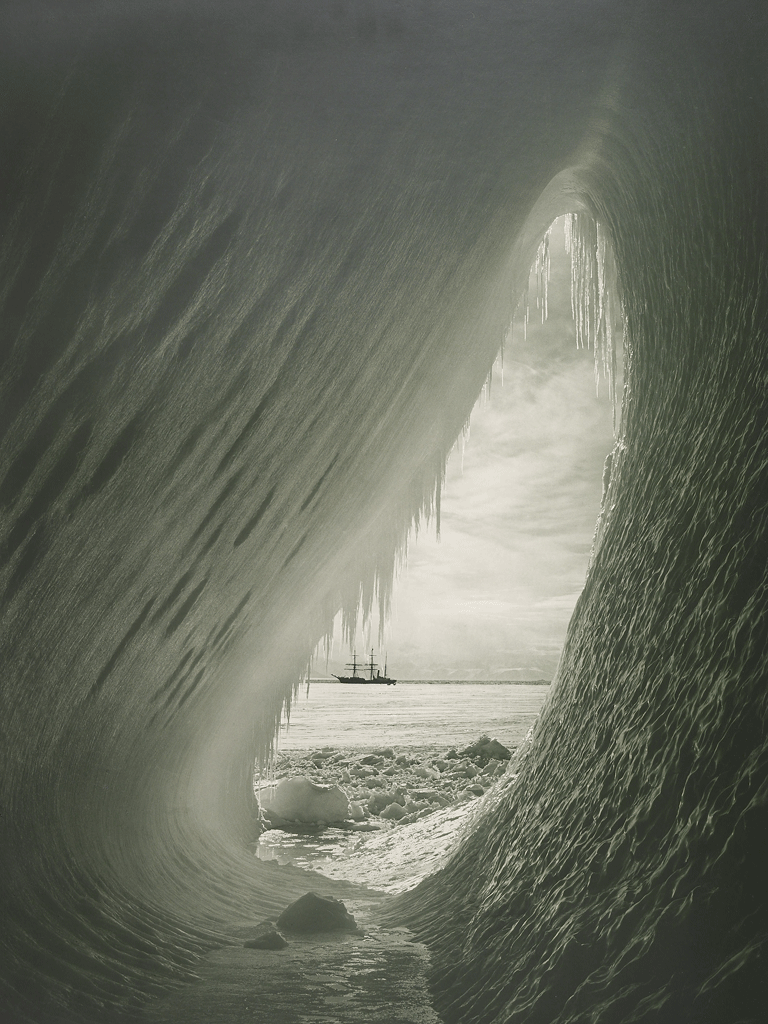Your support helps us to tell the story
From reproductive rights to climate change to Big Tech, The Independent is on the ground when the story is developing. Whether it's investigating the financials of Elon Musk's pro-Trump PAC or producing our latest documentary, 'The A Word', which shines a light on the American women fighting for reproductive rights, we know how important it is to parse out the facts from the messaging.
At such a critical moment in US history, we need reporters on the ground. Your donation allows us to keep sending journalists to speak to both sides of the story.
The Independent is trusted by Americans across the entire political spectrum. And unlike many other quality news outlets, we choose not to lock Americans out of our reporting and analysis with paywalls. We believe quality journalism should be available to everyone, paid for by those who can afford it.
Your support makes all the difference.This Tuesday, 17 January, marks a sombre centenary. On that date in 1912 the British Antarctic Expedition commanded by Captain Robert Falcon Scott arrived at the spot they calculated to be the South Pole.
To their dismay, they found not a continuation of the white expanse, but a tent flying the Norwegian flag. They had been beaten by an expedition led by Roald Amundsen.
Scott wrote in his journal on arrival at the South Pole, "Great God this is an awful place and terrible enough to have laboured to it without the reward of priority," a sentiment I wholeheartedly agreed with when I too arrived at the Pole, having been beaten by a team of Norwegians after participating in a foot race to the South Pole two years ago.
I am still haunted by the photograph of Scott and his men at the South Pole. They should have been full of joy and happiness, but their faces are filled with disappointment and humiliation. They look dejected and demoralised. They had lost the fight both physically and mentally. To me, they already knew their destiny.
The weather turned, and sometime between 29 and 31 March they perished on the icy plains of the Ross Ice Shelf, a vast frozen expanse the size of Wales.
Scott's journal was later removed from his frozen body. "Had we lived," he wrote, "I should have had a tale to tell of the hardihood, endurance and courage of my companions which would have stirred the heart of every Englishman. These rough notes and our dead bodies must tell the tale."
Scott's death eclipsed Amundsen's success. News of the Antarctic disaster caused a sensation in Britain. Scott gave voice to the heroic fantasies of Edwardian Britain. In his final message, he wrote: "The causes of the disaster are not due to faulty organisation, but to misfortunes in all risks which had to be undertaken."
For me, adventure has been a means of pushing my boundaries and testing my fortitude. A challenge is anything that tests your spirit of resilience and perseverance. I like to think of it as preparing myself for life's real trials.
Risk is something that resonates with me. The risks I've undertaken have been nothing in comparison with those of Scott, but they have been risks nonetheless. Challenges and ambitions must involve risk.
Risk, adventure and competition are all in danger of extinction. Many of us live in such a sanitised environment that we are in danger of becoming too complacent in life. I firmly believe that we all need to get out of our comfort zones every so often so that we can appreciate what we have in life and live a little.
Risk is not about buying a lottery ticket but about making a brave decision and shying away from the easy option.
I was lucky enough to visit the Ross Ice Shelf. Somewhere beneath the frozen surface are the entombed bodies of Scott and his companions: a man and his team, prepared to sacrifice their lives in the pursuit of exploration, discovery and science. Scott embodied the human spirit.
'The Accidental Adventurer' by Ben Fogle is out now.

Join our commenting forum
Join thought-provoking conversations, follow other Independent readers and see their replies
Comments